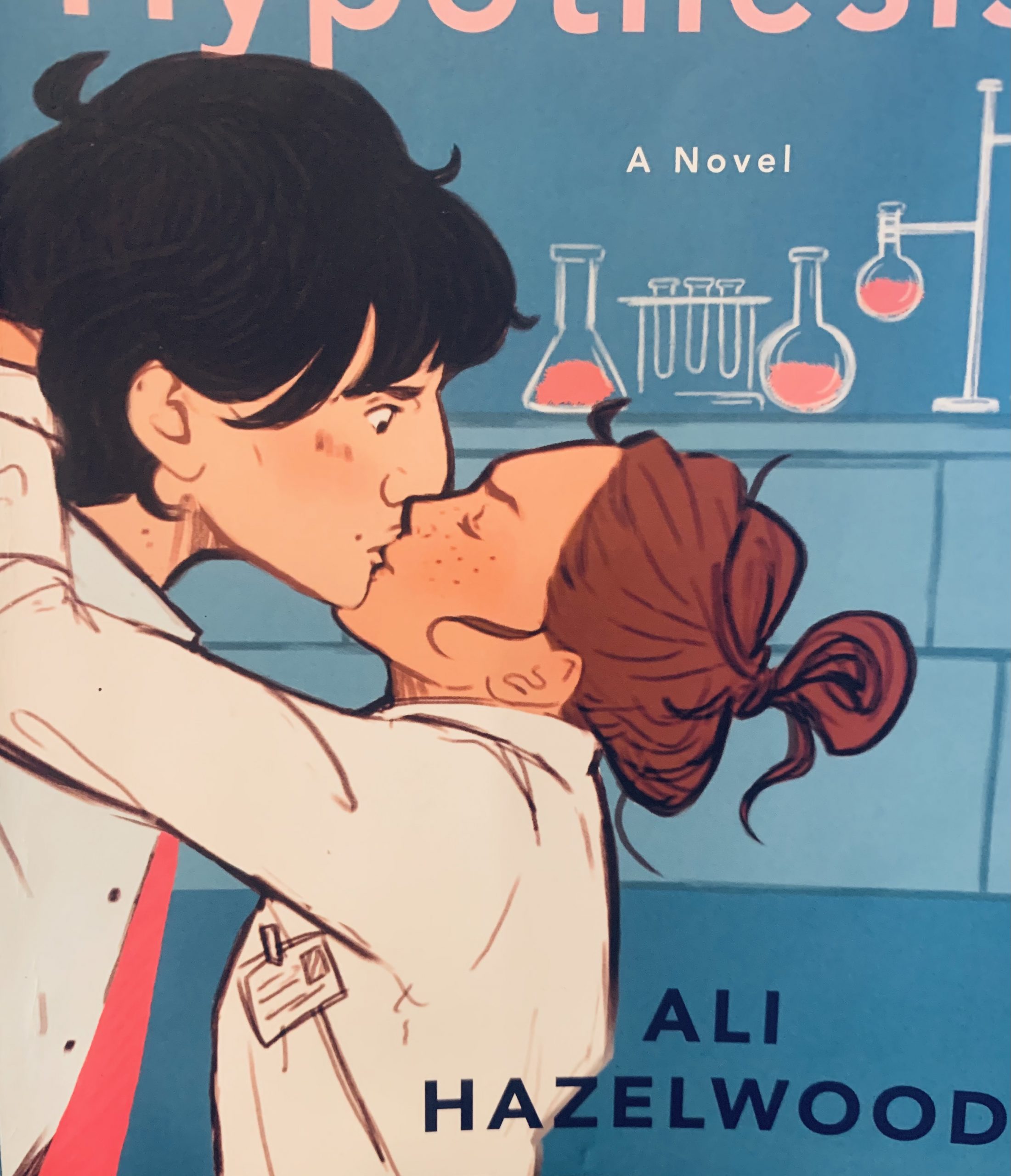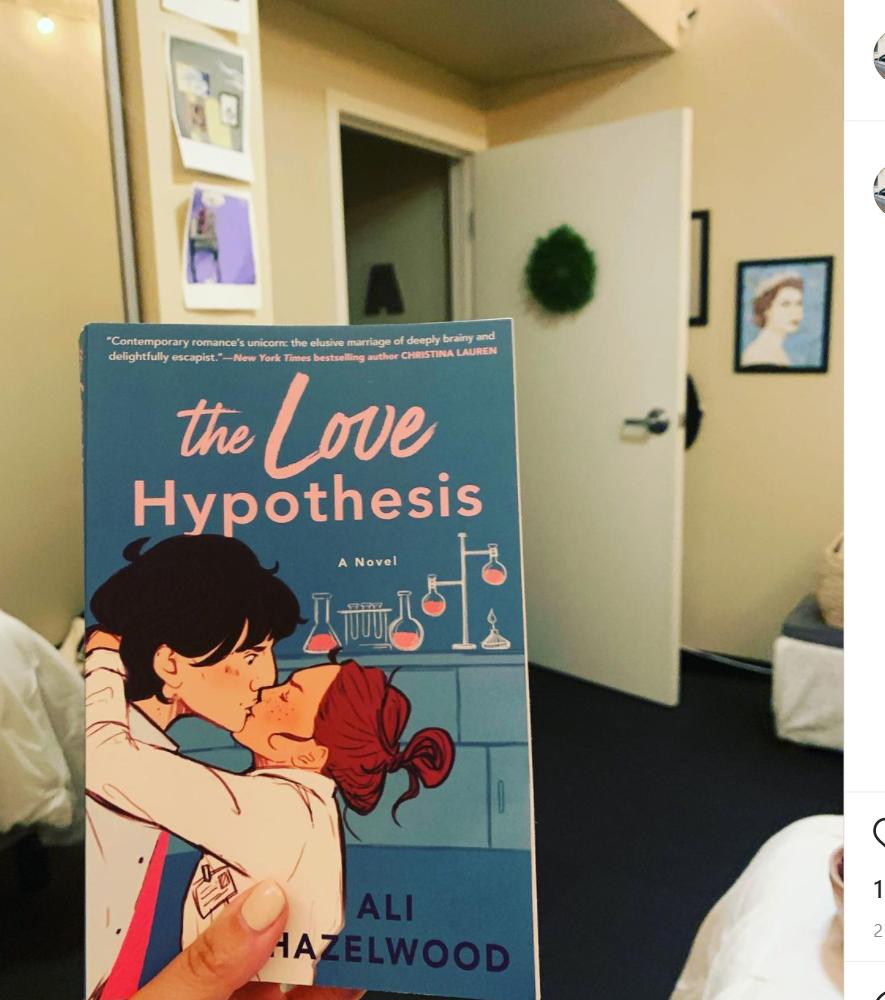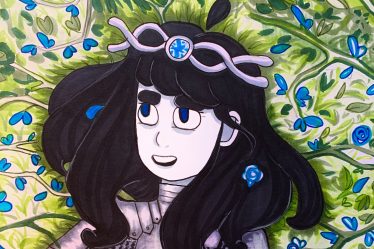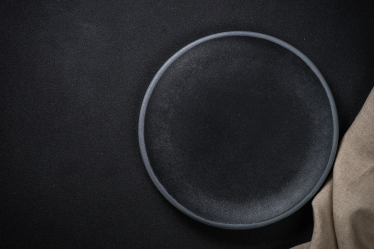
When I was in middle school, I loved to read ‘trash’. What I mean by this is that people often used derogatory language when talking about the things I enjoyed reading. Twilight? For dumb girls. Manga? For weird girls. Fanfiction? Don’t even get me started on the social implications for reading that in the era of The Lightning Thief, The Hunger Games, or Divergent–all books I loved, by the way, but also books that were considered more socially acceptable for reading than fanfiction, Twilight, or manga.
But you know what? I’ve come to realize that the world just hates young girls for reading things that young girls love. So today, I’m writing a book review on a book that, maybe, someone out there would be afraid to outwardly say they’re in love with. Today, I’m going to tell you it’s ok to read ‘trash’. Because guess what? ‘Trash’ is literally my favorite thing in the whole wide world because it’s not trash at all. The books I love to read are precious to me, they make me laugh, they make me smile, and they even make me cry; sometimes, they literally give me the purest form of happiness since the invention of pumpkin bread. And I’m here to tell you that if you like reading these kinds of things, you are valid, you are not a ‘lesser’ kind of reader, and you are absolutely my type of person.
I just finished reading a book called The Love Hypothesis. And by finished reading, I mean that I literally read it two times in a row because it did something for me that no book has done in a really, really long time. I could not put that thing down. It felt like it was 6th grade all over again; I was like a starved, dejected, bookworm. I voraciously consumed the entire novel, two times over, in less that 24 hours.

The Love Hypothesis plays on the dating-a-teacher trope in a way that exceeds all of my preconceived expectations of the concept. Olive, our protagonist, ‘accidentally’ kisses the ‘known ass’, Dr. Adam Carlsen– in front of her best friend, Ahn, nonetheless, so that Ahn will feel less bad about dating Olive’s ex-boyfriend; to keep up the facade, Dr. Carlsen and Olive agree to a ‘fake dating’ contract for a month’s time so that Anh can date Olive’s ex guilt-free.
I’m sure you can see where this is going. But I promise you, you’re right, but it’s also so much better than anything you could have ever expected.
Here are a few reasons I’ve come to love this novel. I hope they resonate with you. I hope they empower you. And I hope they affirm to you that a ‘good’ book doesn’t necessarily take on a certain form.
1. The relationship between Olive and Adam is the perfect mixture of sunshine meets grumpy.
I fell in love with Olive quickly, and I found her sense of humor, her anxiousness, and her self-reliance very endearing. Every chapter starts with a hypothesis, and they worked as both a foreshadowing technique and also as an insight into Olive’s inner thoughts. The first hypothesis is relatable and hilarious. It reads:
“When given a choice between A, (a slightly inconveniencing situation), and B, (a colossal shitshow with devastating consequences), I will inevitably end up selecting B.”
I mean honestly, Olive, who hasn’t? But it was Adam who quickly stole my heart. (It helps that the cover alludes to his features as being almost identical to the very handsome Kylo Ren). After the kiss that started it all, we see the chemistry between the two building:
“‘Did you… Did you just kiss me?’ He sounded puzzled…There was simply no way Olive could get away with denying what she had just done. Still, it was worth a try.
‘Nope.’”
We’ve all been there. Well, maybe not. But for some reason, the way author Ali Hazelwood writes about uncomfortable, romantic situations makes us all feel like we have.
2. Hazelwood’s Take On This Trope Works To Address The Sexism It Usually Coincides With
What I like most about Hazelwood’s approach to this trope, however, is that Olive is not helpless. Sometimes, in books exploring the dating-an-older-professor trope, we see a powerless woman who is ‘saved’ by a big, strong, man. Not the case here. Olive is a graduate student at Stanford whose scientific work is thoughtful, unique, and important all on its own–without Adam’s intervention. She’s a woman in STEM, she’s a Canadian immigrant, and she’s also worked to overcome the many hardships experienced in her youth in order to be present at one of the most renowned science programs in the world. Does her life get easier in some ways while dating a revered, successful, and tenured professor with millions of dollars in funding for research? I mean, yeah. But only in little ways. Like not needing to take her bike home from classes everyday, and sometimes, on ‘Fake-Date Wednesdays’, she occasionally gets free pumpkin spice lattes and scones.
The relationship between Olive and Adam, while at first very awkward because of his position as a professor, doesn’t work within a power-imbalanced framework. Olive is not his student. She just so happens to be studying within the same department. Adam doesn’t do things so that Olive is more recognized or successful. Olive’s work naturally speaks for itself.
The two characters are written in a way that empowers them both. Hazelwood is very careful about this aspect of the relationship, and as a woman in college, I appreciate this careful acknowledgement of women’s autonomy and power in the work without a man’s intervention.
3. Romance That Keeps Me Coming Back For More (Sequel Please?)
One thing I appreciated in this book is that it had a story to tell about love, and by golly, it got right to it. As a reader, I’m not waiting around for the relationship to show up, for the circumstances to arise, or for Adam to interact with Olive. It’s right there from page one.
And for that, I just want to say one thing to Ali Hazelwood: Thank you. Thank you for giving me a romance novel that got right to the point. It was refreshing. But, it meant a few things for me as a reader:
- I read everything and didn’t jump around trying to find the parts of the book that were ‘actually interesting’. I didn’t do this because I didn’t have to. I didn’t do this because the way the text, the characters, and the relationships were written was done with care; it had me holding onto each and every word until the very last page.
- Because I was reading every word, I was noticing more stuff. Little hints, allusions, motifs, themes, and symbols. It made the reading more enjoyable for me.
The romance story starts on the first page and it carries on until the very last. Are there other plot lines and stories and threads ongoing throughout the novel? Yes, of course. But I didn’t have to wait through the first 12 chapters to get there. Instead, I got a full 25 chapters (plus and epilogue and prologue) that did what they set out to do: explore this accidental, hilarious, and endearing relationship from one comedy-blended-with-suspense-filled-page to the next. In fact, It left me hoping for a sequel.
A Final Note On ‘Trash’
This book slapped. I mean, it did everything a rom-com is supposed to do. And then it also dismantled some sexism, which is just extra cool, in general.
But the reason I wrote this book review is two-fold. Yes, this book was amazing. It got me excited in all sorts of nerdy, English-Major ways. But also, there are lots of people out there that, quite frankly, enjoy books like this. And more importantly, there are also lots of people–specifically women– who feel shame for liking texts like this because of the notion that texts like this are ‘trash’.
To that, I want to say something kind of controversial. Here it goes:
Literary feminism is respecting women for their choices, whether those choices are to read/write texts that are considered universally acceptable or not.
There is no male-directed equivalent to this book-shaming phenomenon. Men might be shamed, of course, for reading literature geared towards women. But that shame is also integral to liking something that is feminine.
This phenomenon resides in the reality that society loves to shame women for liking things women tend to like: pumpkin spice lattes, boy bands, and yes, romance novels.
It’s pervasive in our culture and it also makes literally no sense to do that. This negativity cultivates a very unnecessary shame-culture around femininity. And honestly, I’ve been fed up since 6th grade.
So, if you need someone to tell you that you’re valid, that the books you like are OK to read–and that those books are probably even good reads–then look no further, because here I am!
Go get that bread, read whatever you want, and pick up a copy of The Love Hypothesis so that you, too, may willfully oppose the patriarchy.


